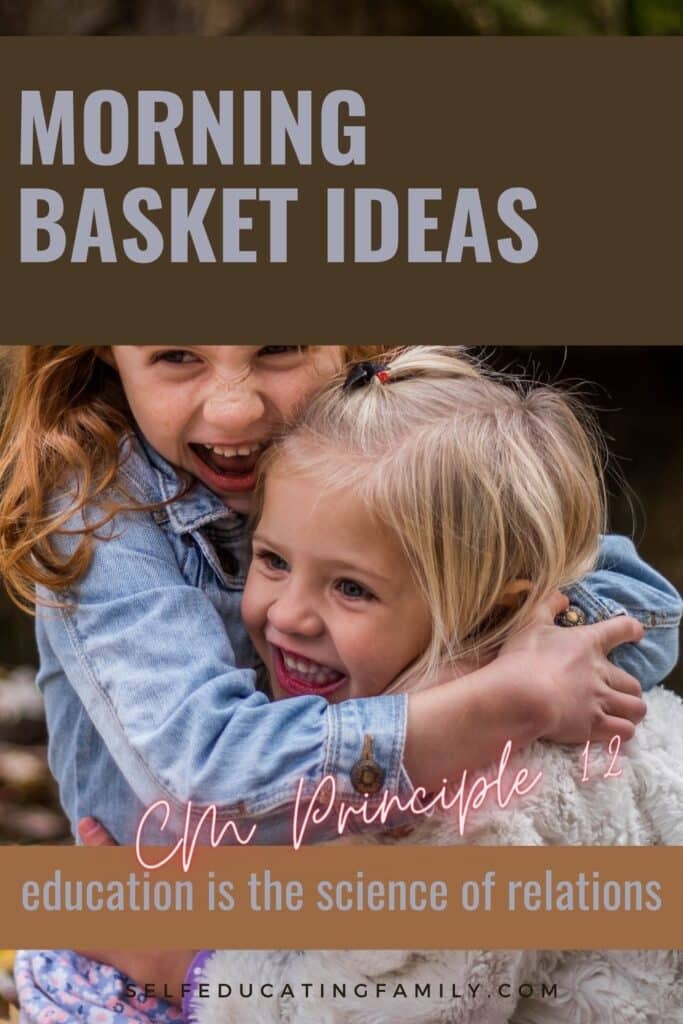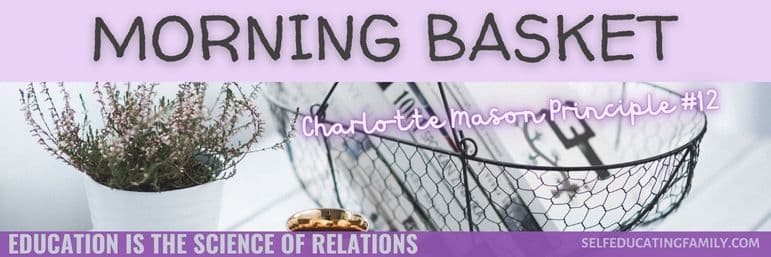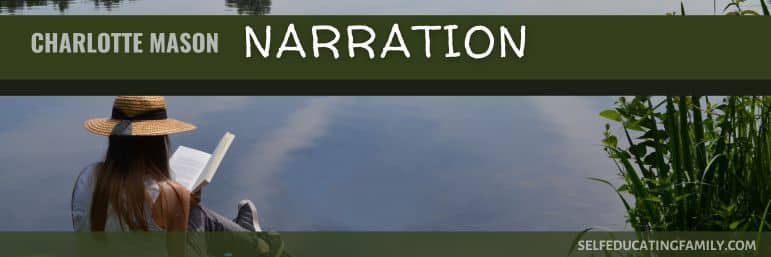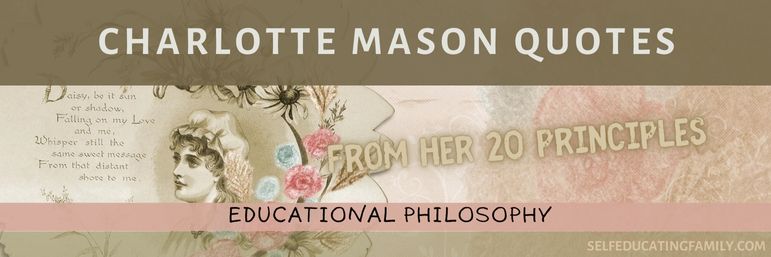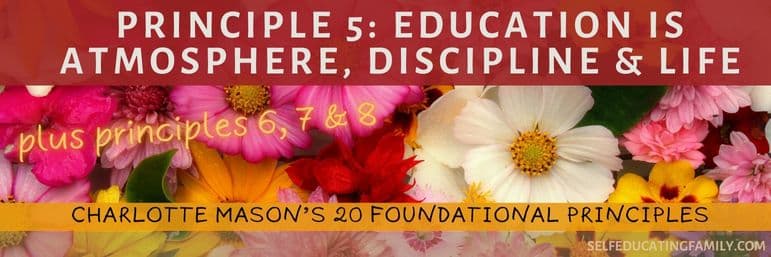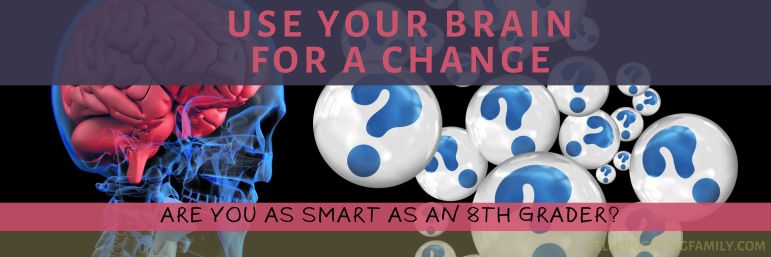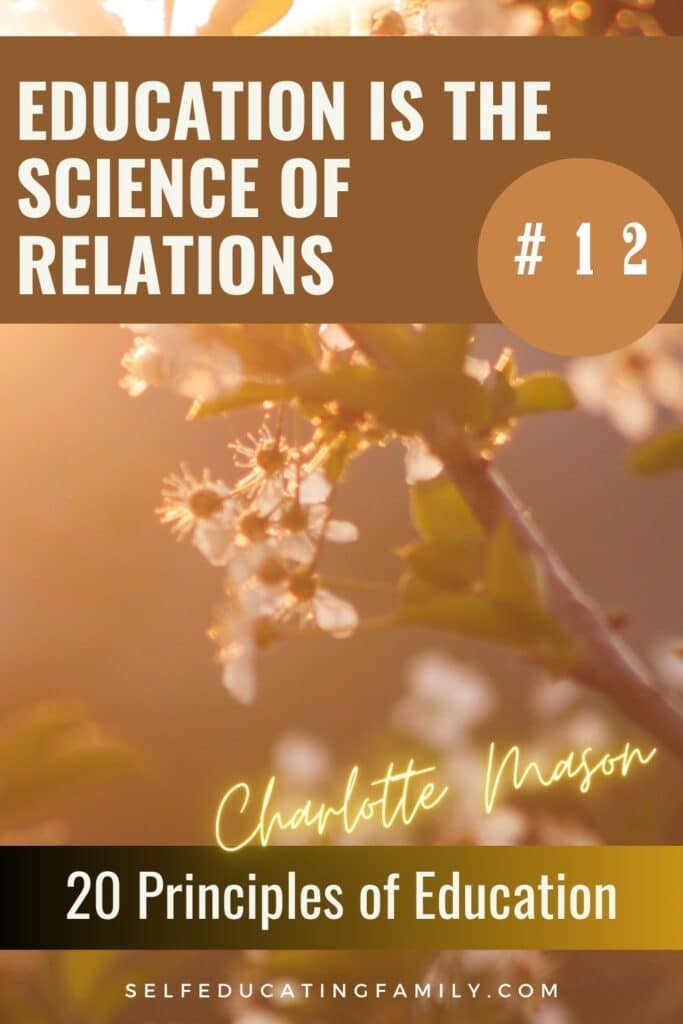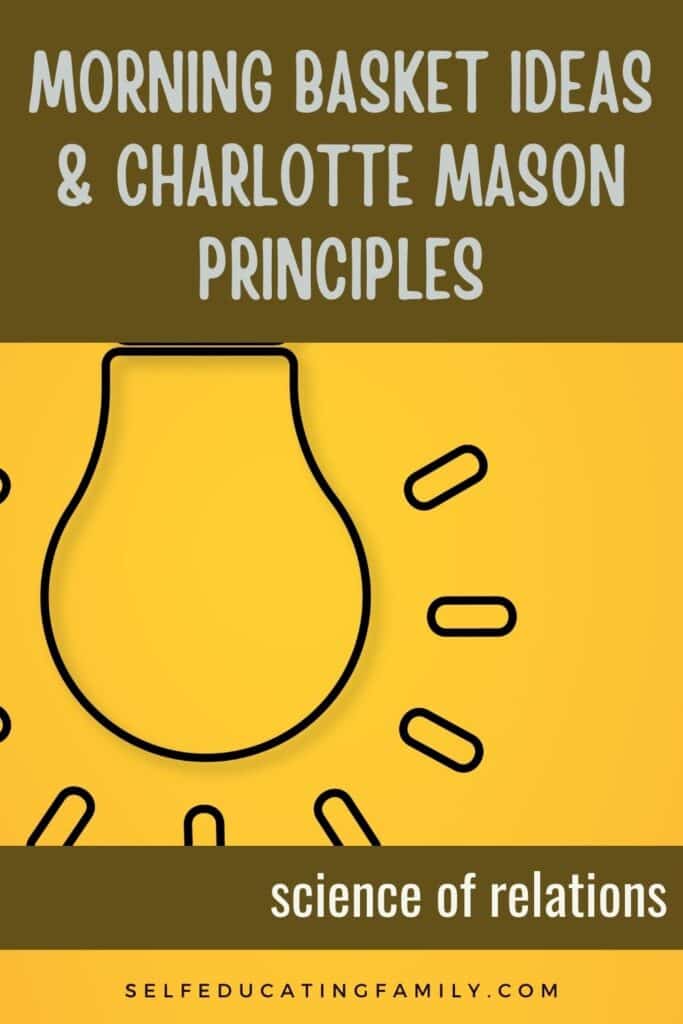Morning basket ideas: How it fits in with CM Principle 12
Here are two ideas: “Morning Basket time” and “Education is the science of relations.” Are these two ideas related? And is that an ironic question?
Ideas about Morning Basket
Morning basket is a term used in homeschooling circles to mean time together, usually first thing in the morning, in which your family all gets together to work on the same subject. I’ve seen it called morning time, circle time, morning basket, and family time, among other names.
It basically describes family time to learn together. In general, morning basket may include family read-alouds, hymns, and folk songs, recitations, and any of the more formal subjects you are all working on together.
It will look slightly different for each family, but morning basket can include a literal basket of books that you are using together as a family. The basket will be filled with living books of a variety of subjects, suitable for all ages in your family.
Education is the Science of Relations
Charlotte Mason (CM) principle #12 (of her 20 Principles Towards a Philosophy of Education) states: Education is the science of relations.
What does this mean and how does it relate to morning basket time?
Morning Basket connection to CM
The food for thought in this post is for you to make the connection between these two ideas:
- The value and use of “Morning time” as a family
- The educational philosophy that suggests we present our children with a smorgasbord of great ideas through living books so that they can form proper relations not only between ideas, but with people and with the divine source of these ideas.
Morning Basket is an opportunity
The time you spend together as a family working through common subjects in your studies has value to build inter-family relations as well as relations with the thoughts you are studying.
For example, let’s say you are reading aloud a chapter book like Pride and Prejudice. You happen to read the part where Darcy compares poetry to the food of love, when one of your kiddos interrupts and says, “HEY! That’s from Twelfth Night. We just read that!” And then you have a discussion where the kiddos are debating who is right: Darcy, Elizabeth, or Shakespeare.
Your kiddos are wrestling with ideas and making connections.
Charlotte Mason called this process the science of relations.
“Not the Herbartian Sense”
I still get such a kick out of this. Charlotte Mason used this expression when discussing the science of relations. Apparently, the ideas of Johann Freidrich Herbart were popular around Charlotte Mason’s time. And she did not always agree with his educational philosophy, and in her writings she often discusses why. I’m not sure why it always makes me smile when she mentions Herbart. Even though his ideas were extraordinarily popular, I’m not that familiar with his writings or ideas, except through her eyes.
CM seems to agree with some of the Herbartian ideas, but not the methods. Here’s a great quote on an error in how we approach giving ideas to a child:
Our deadly error is to suppose that we are his showman to the universe; and, not only so, but that there is no community at all between child and universe unless such as we choose to set up.
— Home Education Series: School Education, Vol 3, page 188
I get the sense that CM thought Herbart tried to “pack the right things” into a child’s brain and then make the connections for the child. She agrees with exposure to living ideas, but not packing in and arranging them in the brain of a child. This would disagree with her primary principle, that “children are persons”.
Our aim in education is to give children vital interests in as many directions as possible––to set their feet in a large room.
— Vol 3, page 231
Education by Things and Books
She goes on to talk about education by things and by books. In her day, education by things was becoming commonplace. Things like:
- “Disciplinary exercises”, i.e. gym class, like Swedish drill. The discipline of the body through exercise.
- “Artistic handicrafts”
- “Nature study”
- “Works of art”
The use of books, however, still had “major problems” to overcome in the educational experience of her day.
CM thought because of the vast amount of knowledge in books, that educators were wont to pick and choose tidbits of books to give a smattering of ideas to a child. Instead of allowing the child to read a whole book and make the connections of ideas for himself. Here’s her reaction to a talk given by Sir Philip Magnus:
Sir Philip Magnus, in a recent address on Headwork and Handwork in Elementary Schools, says some things worth pondering. Perhaps he gives his workshop too big a place in the school of the future, but certainly he puts his finger on the weak point in the work of both elementary and secondary schools––the ‘getting by heart scraps of knowledge, fragments of so-called science.’
— Vol 3 pg 233
Why do I think there is a connection?
I think the connection between Morning Basket and CM Principle 12 lies in the beauty of both ideas.
- Morning basket is time spent together as a family. This enriches your familial relations – between mom and kids, and between siblings.
- Morning basket usually involves lofty ideas. When you read a poem together, it exposes the kiddos to those ideas. You are usually not analyzing the poem, simply absorbing it. Maybe it sparks a discussion, maybe it doesn’t.
- You aren’t giving quizzes in morning time. The time spent helps digest information and connections.
- Morning time is more often than not pleasant. A delight of learning.
- Using the time in the morning together can let you as a family carve out time to make sure you get to some of the neglected subjects like hymns, folk songs, poetry, artist and composer studies. A wide array of subjects in your curriculum aids in presenting that generous feast of ideas.
These ideas ALL result in letting a child form his own relations of ideas as promoted by CM Principle 12: Education is the science of relations.
Big takeaway
Remember to present ideas and let the child make the connections. They are forming relations in their brain. Trust that if you present good solid food, they will be nourished.
For more CM ideas, see what she had to say about the 20 principles.
Related posts
For more study
- AmblesideOnline’s Annotated Charlotte Mason Series | Ambleside online
- Education is the Science of Relations | Karen Glass
- Education is the Science of Relations | Charlotte Mason Chico
